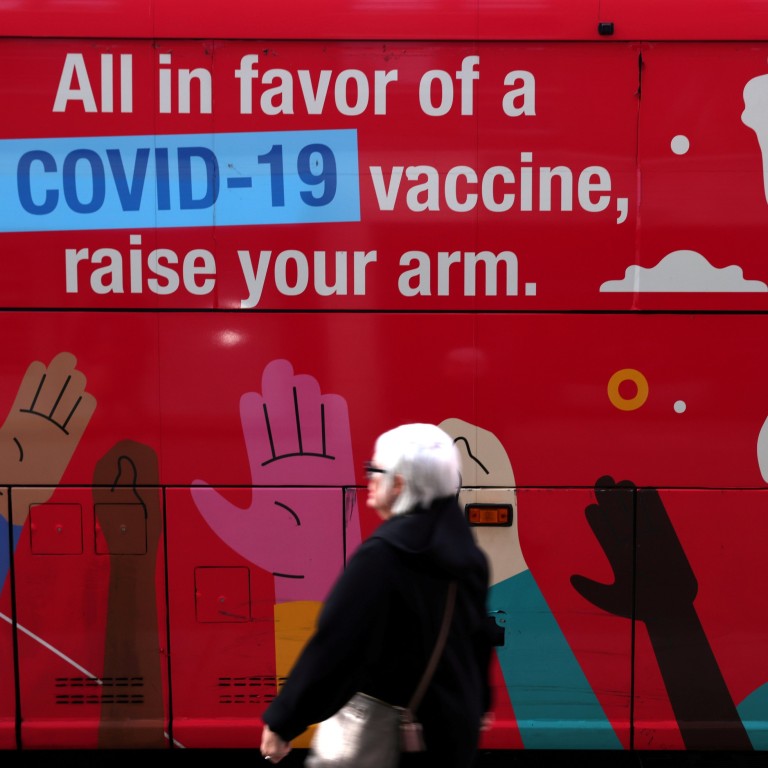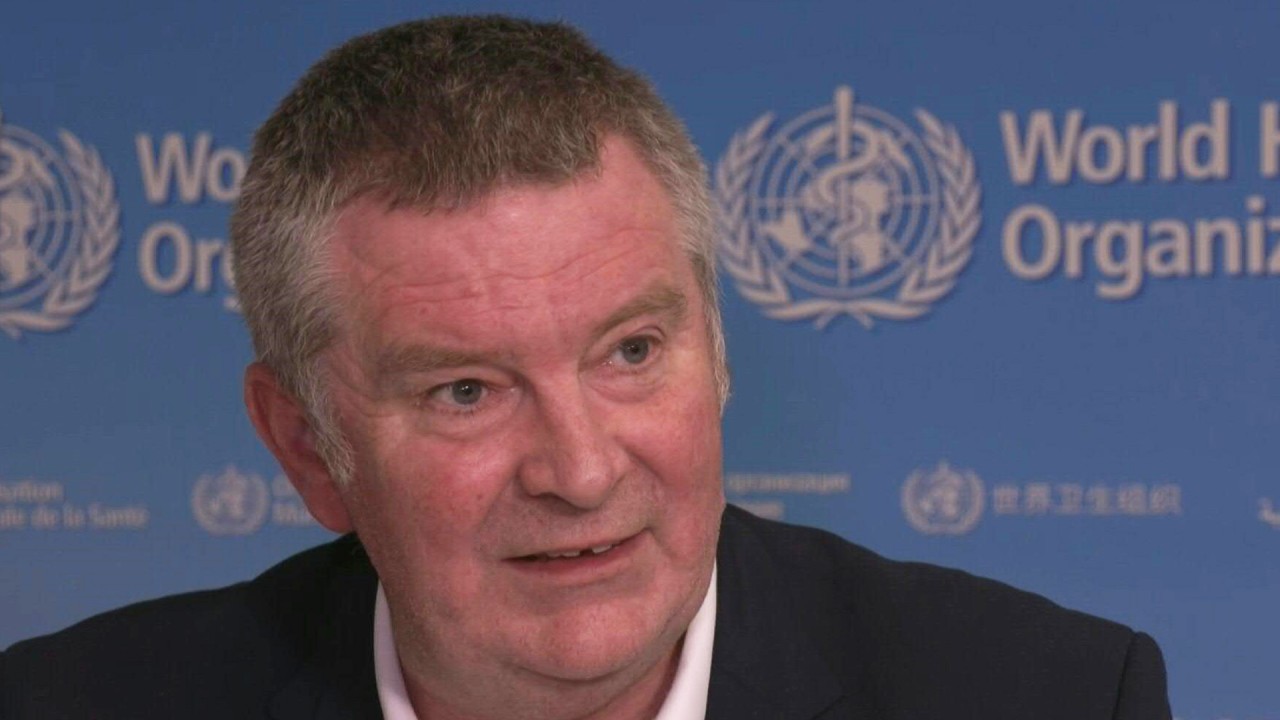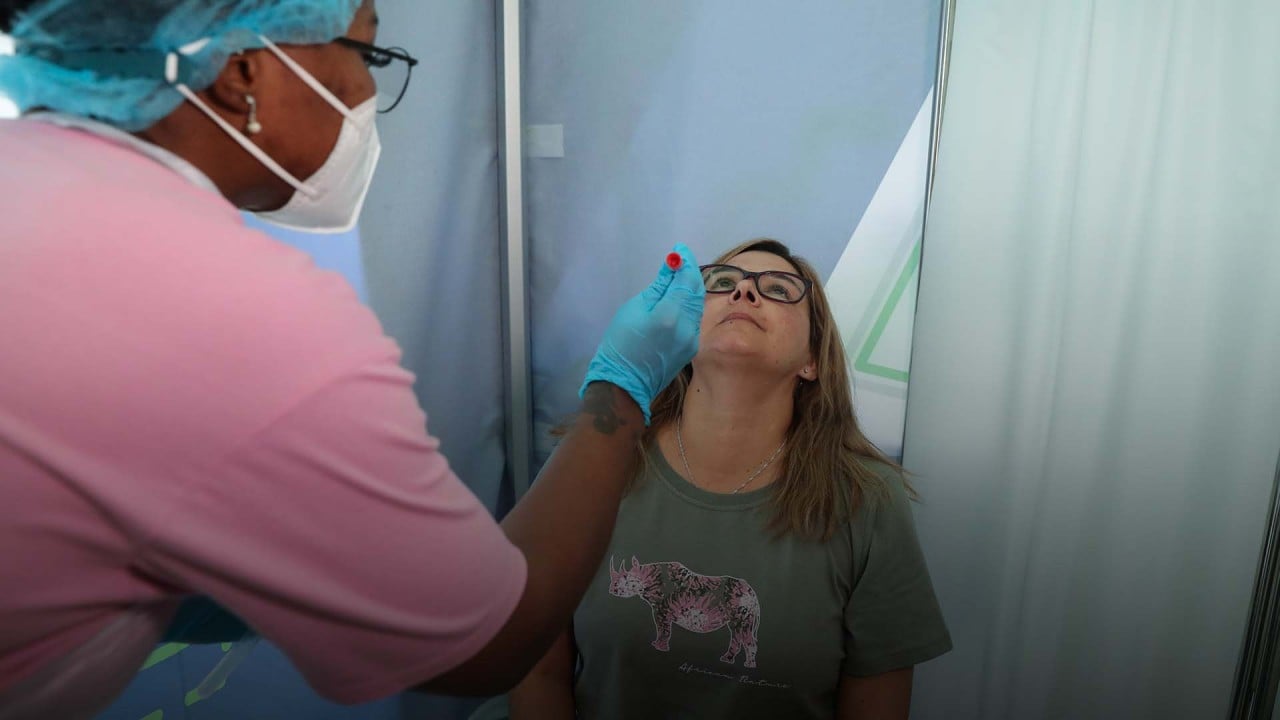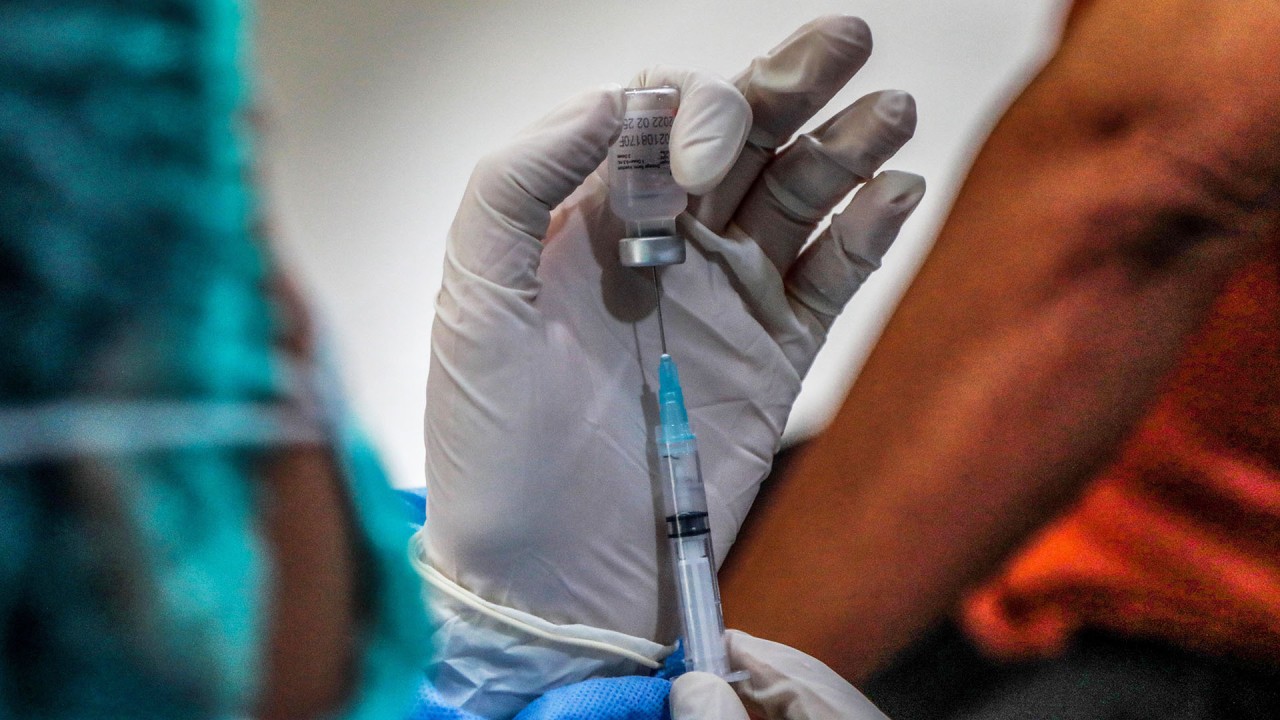
Could vaccines beat back Omicron? South African study offers first clues
- Highly mutated variant much better at evading existing mRNA vaccine than previous coronavirus strains, but boosters could help, study indicates
- Findings of Durban-based researchers come after Swedish study found ‘highly variable’ reduction in antibody levels relative to original strain
The results are the first set of what is expected to be a deluge of data on the subject in the coming days. Scientists have cautioned about the need for more research, real-world data and corroboration, with an early study from Sweden already showing less stark reductions in protection in previously infected people.
The Durban-based South African research team led by virologist Alex Sigal found people who had received two doses of the Pfizer/BioNTech mRNA shot experienced a fortyfold reduction in levels of neutralising antibodies against Omicron, compared to those against an earlier strain used to build the vaccine.
However, people who had been infected with Covid-19 before vaccination retained considerable immunity – a finding some scientists say suggests boosters could have a similar effect and shows the variant cannot completely escape antibodies.
Omicron vs Delta: battle of coronavirus mutants is critical
Antibody levels are considered a rough approximate for protection against Covid-19 infection, but they are not the body’s only form of defence. The latest research did not address how well other arms of the immune system would defend against the variant, or what the impact would be on protection against severe disease.
Africa Health Research Institute executive director Professor Willem Hanekom said the real-world implications of the laboratory data still “need to be determined”.
“It is likely that lesser vaccine-induced protection against infection and disease would be the result. Importantly, most vaccinologists agree that the current vaccines will still protect against severe disease and death in the face of Omicron infection,” he said in a statement on Tuesday.
On Wednesday, Pfizer and BioNTech said preliminary laboratory studies demonstrated that three doses of their vaccine were able to neutralise Omicron, with antibody levels comparable to those observed from two doses against the original virus strain.
This “indicated that two doses of [the vaccine] may not be sufficient to protect against infection with the Omicron variant”, though people may still be protected from severe disease, they said, indicating study was ongoing.
The previously infected participants had a higher baseline of antibodies, which kept their overall levels higher despite the drop when faced with Omicron.
Immunologist Kylie Quinn, a research fellow with RMIT University in Melbourne, said the finding meant there were still antibodies that were able to recognise the virus, and it was possible that booster shots could help to mitigate the reduction in neutralising activity.
“This data highlights that if a booster dose of current vaccines is available to you … it’s a great idea to go out and get [that dose],” she said.
Meanwhile, more information was needed for a full picture of the impact on disease severity, according to Quinn.
“I wouldn’t be surprised that there was a drop in protection against infection with Omicron, but the correlation with severe disease is less clear. We could quite possibly see that the vaccine is doing very well against severe disease,” she said.
WHO sounds Omicron warning for unvaccinated vulnerable travellers
Another early study, conducted by Swedish researchers using a different method, found a wide range of reduction of neutralisation against Omicron versus against the early strain of the virus.
That study included people who had antibodies against the original strain, but whose vaccination status was not specified.
Reduction in antibody levels relative to the original strain was “highly variable”, but around sevenfold on average, according to authors from Stockholm’s Karolinska Institutet, who made an early release of their non-peer-reviewed data.
Immunologist Joanna Kirman, who was not involved in the research, said these findings were “less alarming” than the South African results, and suggest that for previously infected individuals the decrease in neutralisation is not much greater than it is for the Delta variant.
But neither study measured the body’s other forms of immune protection, or could say if the remaining levels of antibodies were enough to reduce disease severity.
That was “the most important thing”, said Kirman, who is an associate professor at New Zealand’s University of Otago.
More data is expected in the coming days and weeks as more information emerges about hospitalisation and severe illness trends in the growing number of Omicron-infected patients globally.
Initial reports have suggested that the disease is not more severe than previous strains. However, scientists warn that there is a time lag before hospitalisation and deaths typically occur.




